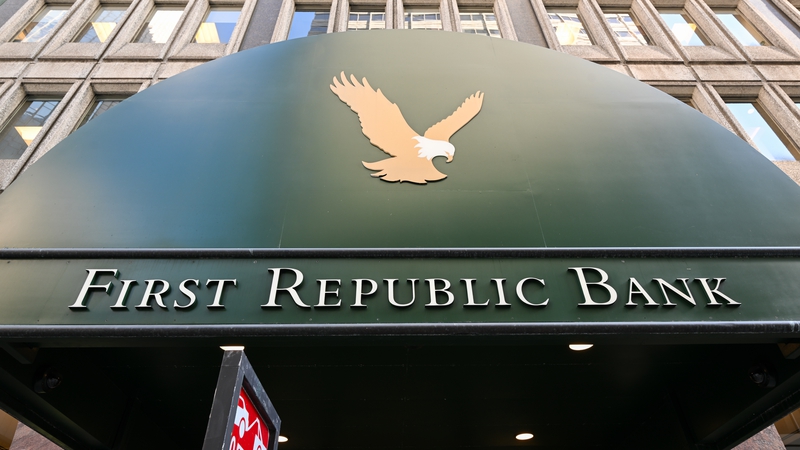
First Republic Stabilized by $30 Billion Lifeline from JPMorgan, Wells Fargo, and Major Banking Allies
The recent slowdown in deposit inflows to major financial institutions like JPMorgan Chase and Wells Fargo marks a notable shift following the initial surge of $80 billion in deposits amid widespread concerns over the stability of regional banks. The rapid collapse of Silicon Valley Bank (SVB) earlier this month led to a panic-driven run on deposits, causing plunging share prices and outflows at other regional banks, including First Republic and PacWest, with combined losses of over $25 billion in market capitalization.
However, the situation began to improve after a consortium of 11 major US banks, including Bank of America and Citigroup, collectively injected $30 billion into First Republic, effectively returning a portion of the deposits they had recently gained. This move allowed the troubled bank to maintain operations and demonstrated a united front in supporting the banking industry.
According to Federal Reserve data, large banks experienced a 7% increase in deposits at the expense of smaller ones. The data also revealed that during the peak of the crisis, JPMorgan Chase alone gained $18 billion in deposits, reflecting the trust placed in larger institutions during times of uncertainty.
The collapse of SVB has exposed vulnerabilities in the balance sheets of some smaller banks, with as many as 15 regional banks potentially at risk. Citigroup CEO Jane Fraser mentioned that these institutions could face upheaval in the coming weeks, as they struggle to manage balance sheets amidst the Fed's most aggressive rate hiking campaign in decades. Unrealized losses on bond holdings, which result from falling bond prices as interest rates rise, have further exacerbated the situation for these banks.
First Republic, in particular, has drawn attention as it seeks solutions to address its financial challenges. The bank is currently exploring options such as finding an additional $20 billion in capital to remain independent or a sale to a more stable bank. Regulators have been closely monitoring First Republic's health and progress, receiving daily updates on liquidity and capital ratios to ensure its stability. Recent reports suggest that regulators now believe the deposit situation at First Republic has stabilized, offering some respite for the embattled bank.
Overall, the recent turmoil in the US financial system has highlighted the need for stronger oversight and risk management among regional banks. The collaboration between major banks and regulators to protect customers and restore confidence in the banking sector showcases the importance of a united approach in addressing financial challenges.
Read More
-
GPIQ ETF Price Forecast: Can a 10% Yield at $52 Survive the Next Nasdaq Selloff?
09.02.2026 · TradingNEWS ArchiveStocks
-
XRP ETF Price Forecast: XRPI at $8.32, XRPR at $11.86 as $44.95M Inflows Defy BTC and ETH Outflows
09.02.2026 · TradingNEWS ArchiveCrypto
-
Natural Gas Futures Price Forecast: Will The $3.00 Floor Hold After The $7 Winter Spike?
09.02.2026 · TradingNEWS ArchiveCommodities
-
Stock Market Today: Dow Back Under 50K While S&P 500 and Nasdaq Push Higher as Gold Reclaims $5,000
09.02.2026 · TradingNEWS ArchiveMarkets
-
USD/JPY Price Forecast: Can Bulls Clear 157.5 Without Triggering a 160 Intervention Line?
09.02.2026 · TradingNEWS ArchiveForex


















